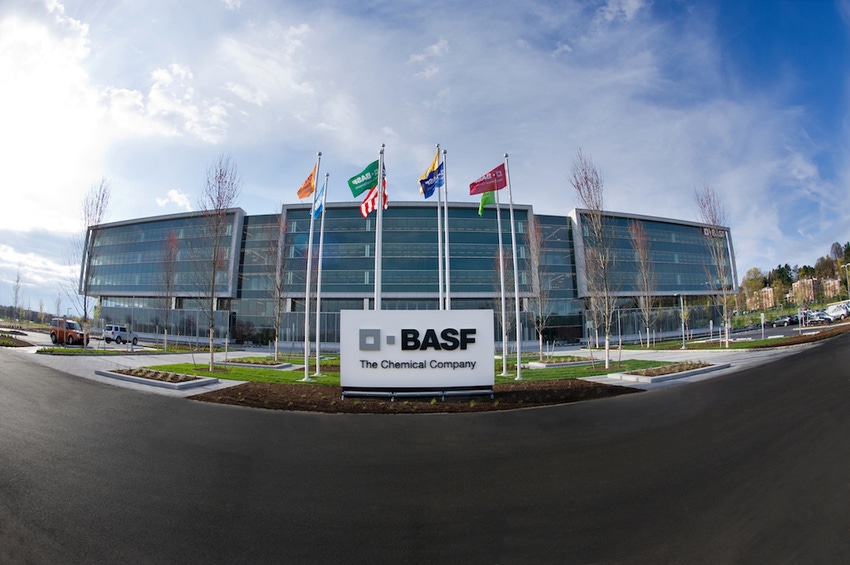BASF, the world's largest chemical company, has a new slogan. The new claim - 'We create chemistry' - echoes the company's, "We create chemistry" strategy, which was announced in 2011. "Since we launched this strategy, BASF has been increasingly focusing on offering its customers functionalized products and solutions based on chemistry as a clever combination of compounds," explained Kurt Bock, chairman of the board of executive directors of BASF. "It is therefore the right time to make the next step and move from 'the chemical company' to 'We create chemistry.'"
September 10, 2014

BASF, the world's largest chemical company, has a new slogan. The new claim - 'We create chemistry' - echoes the company's, "We create chemistry" strategy, which was announced in 2011. "Since we launched this strategy, BASF has been increasingly focusing on offering its customers functionalized products and solutions based on chemistry as a clever combination of compounds," explained Kurt Bock, chairman of the board of executive directors of BASF. "It is therefore the right time to make the next step and move from 'the chemical company' to 'We create chemistry.'"
Chemistry, in this case, refers not only to science but also to the chemistry between people. "This is at the core of BASF and its brand," stated Bock. The new slogan will initially be used in the logo in circumstances directly related to the company's 150th anniversary. As of January 1, 2015, the start of the anniversary year, it will be applied broadly throughout BASF.
An important facet of BASF's 'We create chemistry' strategy has been the development of a new process for steering its portfolio based on sustainability criteria. Called the Sustainable Solution Steering method, it is an externally validated process that is used to systematically review and evaluate the sustainability aspects of the approximately 50,000 relevant product applications in the company's portfolio, by measuring the products' contribution to sustainability within their various markets and industries. The process also looks at the steps that are necessary in order, where possible, to increase this contribution.
"This approach forms an integral part of our corporate purpose: 'We create chemistry for a sustainable future.' By analyzing our entire portfolio with respect to sustainability and systematically expanding on especially sustainable solutions, we underscore this endeavor," Bock said.
Over 80% of the portfolio - some 50,000 specific product applications - have been analyzed over the past three years. Based on the results to date, the analyzed product applications have been sorted into the four categories: accelerators, performers, transitioners and challenged applications. Accelerators, which make up 22% of the analyzed products by sales, contribute substantially in the value chain to sustainability. Performers - some 73% - are solutions that meet the standard market requirements for sustainability. For the transitioners, specific sustainability issues have been identified and concrete action plans defined. These recommendations are in the process of being implemented. Around 4.5% of the analyzed products are currently in this category. Applications with a significant sustainability concern are labeled 'challenged.' BASF is developing action plans for these products in order to find improved solutions. This currently applies to 0.5%.
Obviously, the aim is to increase the number of "accelerator" solutions in the long term in order to further improve the sustainability profile of both BASF and its customers, which means that the product portfolio is under continual review.
As Bock commented: "It is becoming increasingly important to our customers to be able to combine economic, environmental and societal demands. We see this development as a business opportunity for BASF, and intend to seize it in a targeted manner."
And the market has noticed. According to the results of a recently published sustainability survey, BASF was the first company mentioned by survey respondents when asked which companies come to mind as 'technology developers for sustainable chemicals' BASF also topped the list of firms most often mentioned as technology developers in sustainable chemicals and/or with a very positive rating in sustainability.
The company said that entire product portfolio will have been analyzed by the end of 2014.
About the Author(s)
You May Also Like


